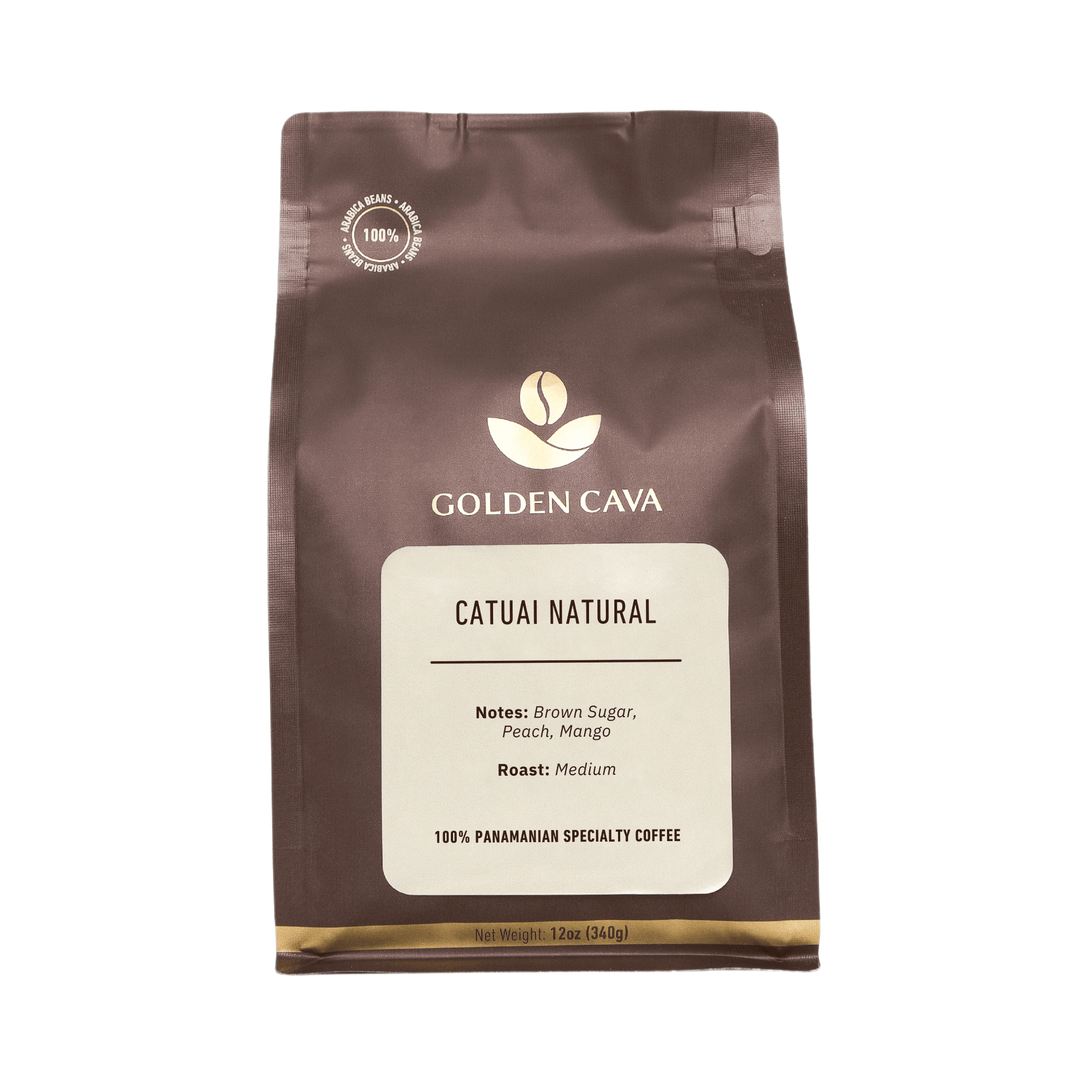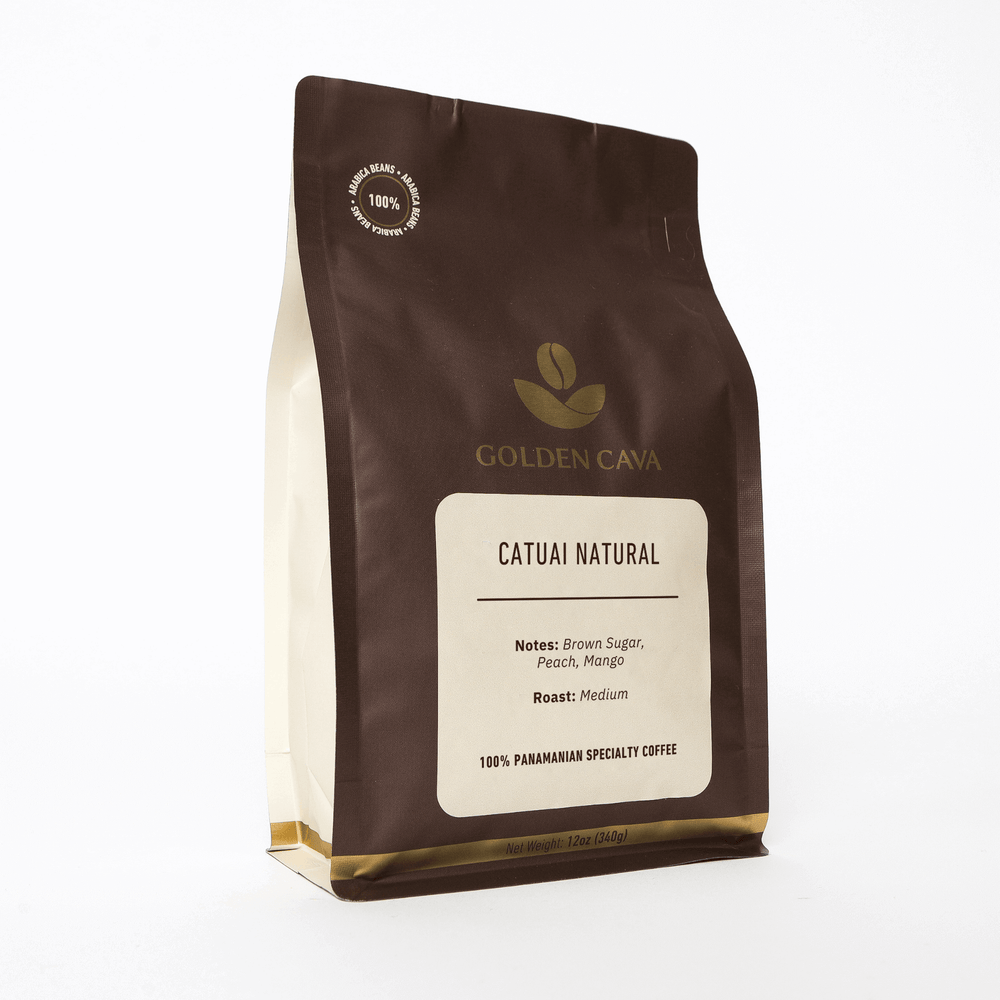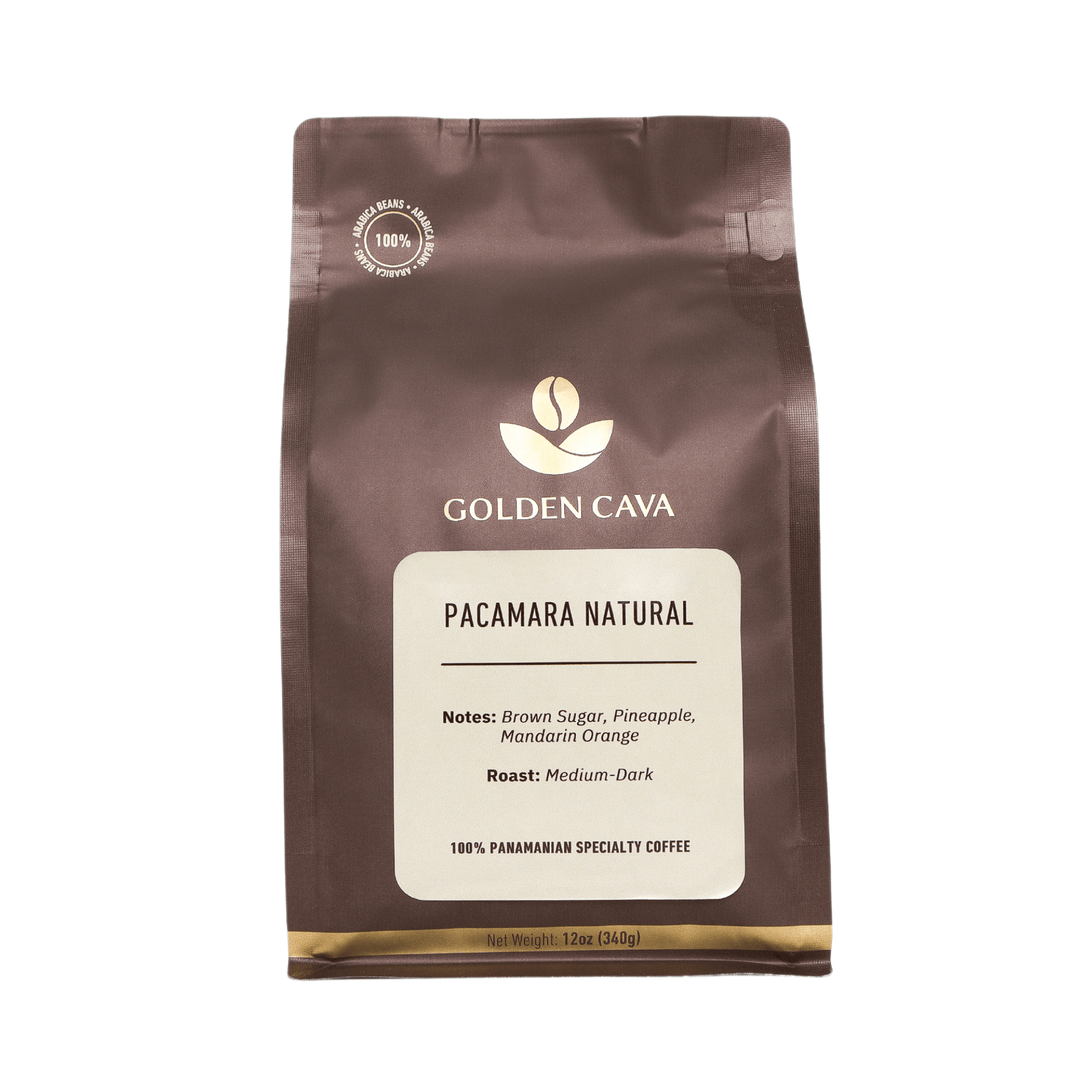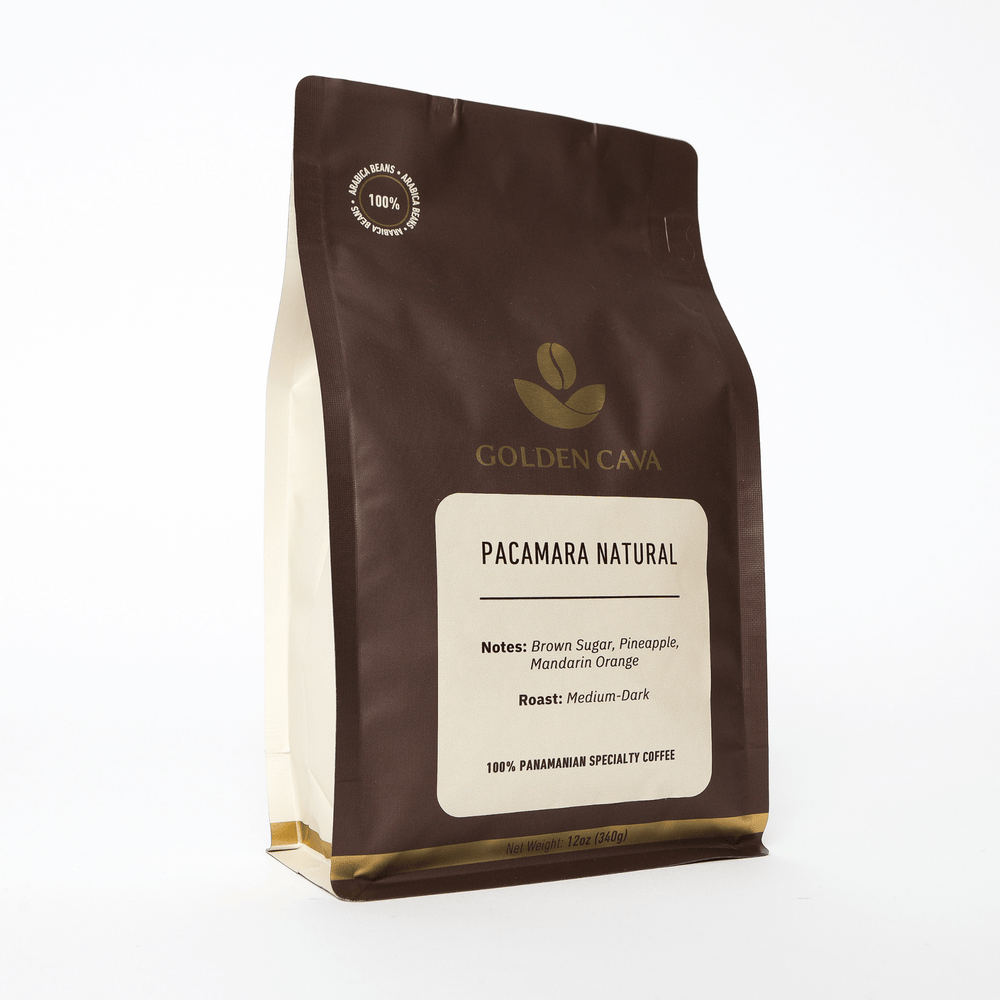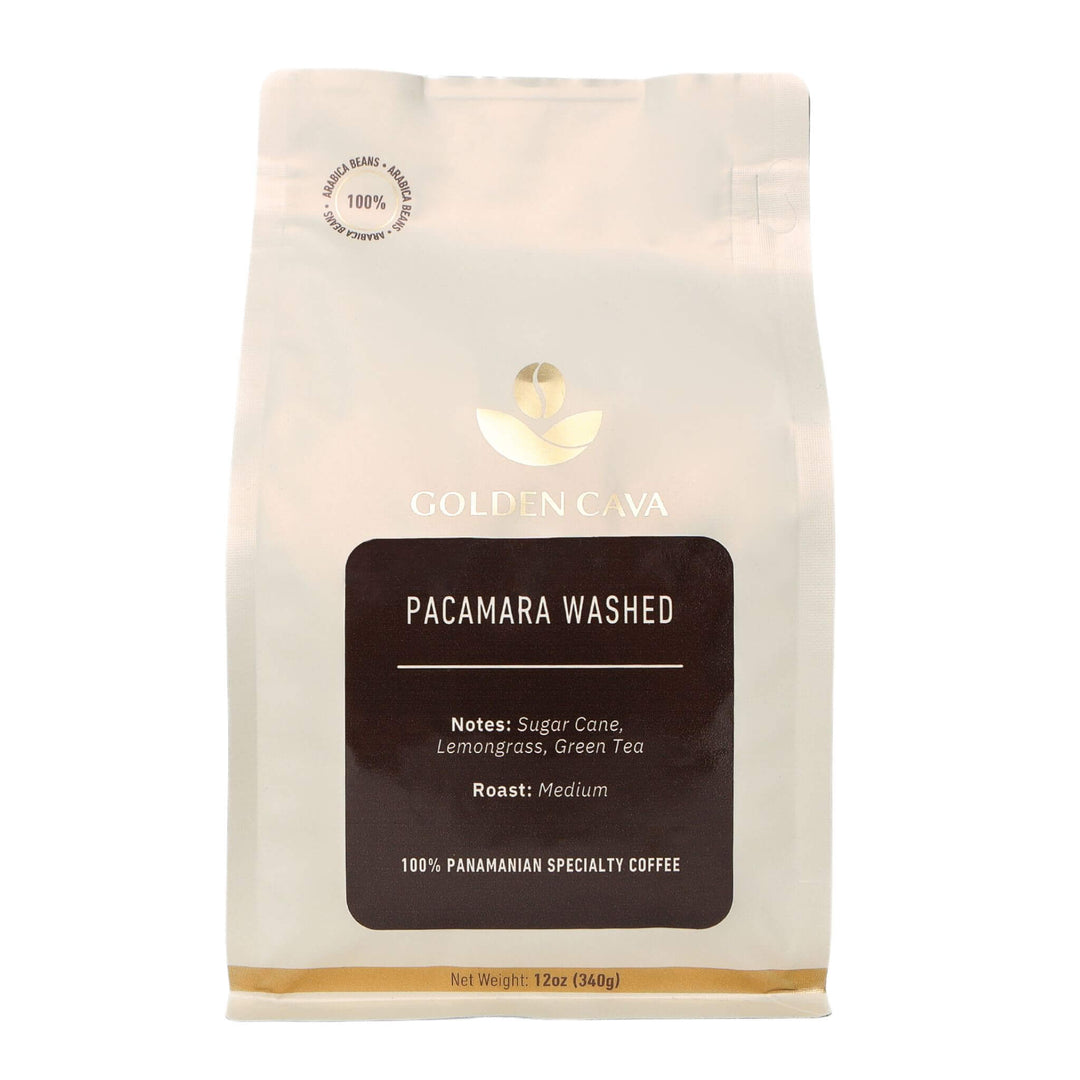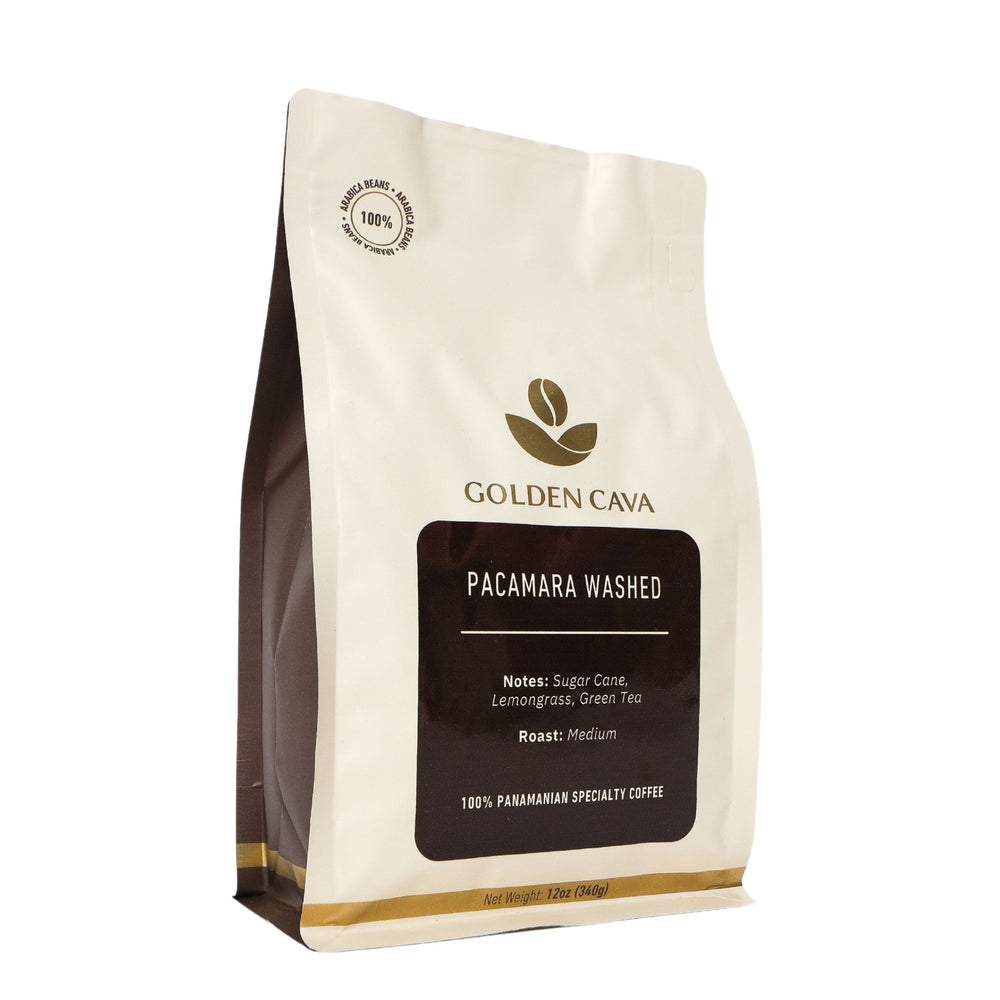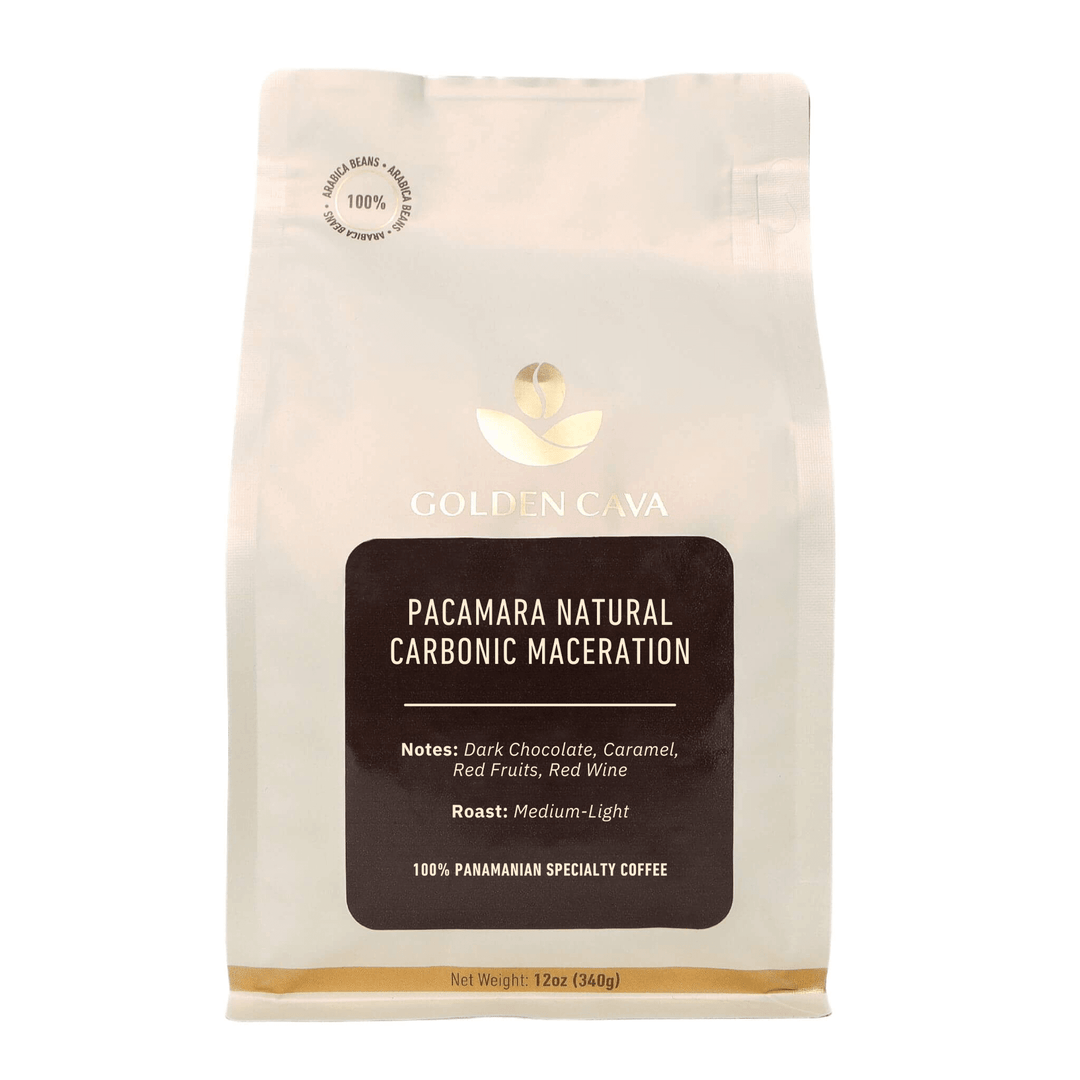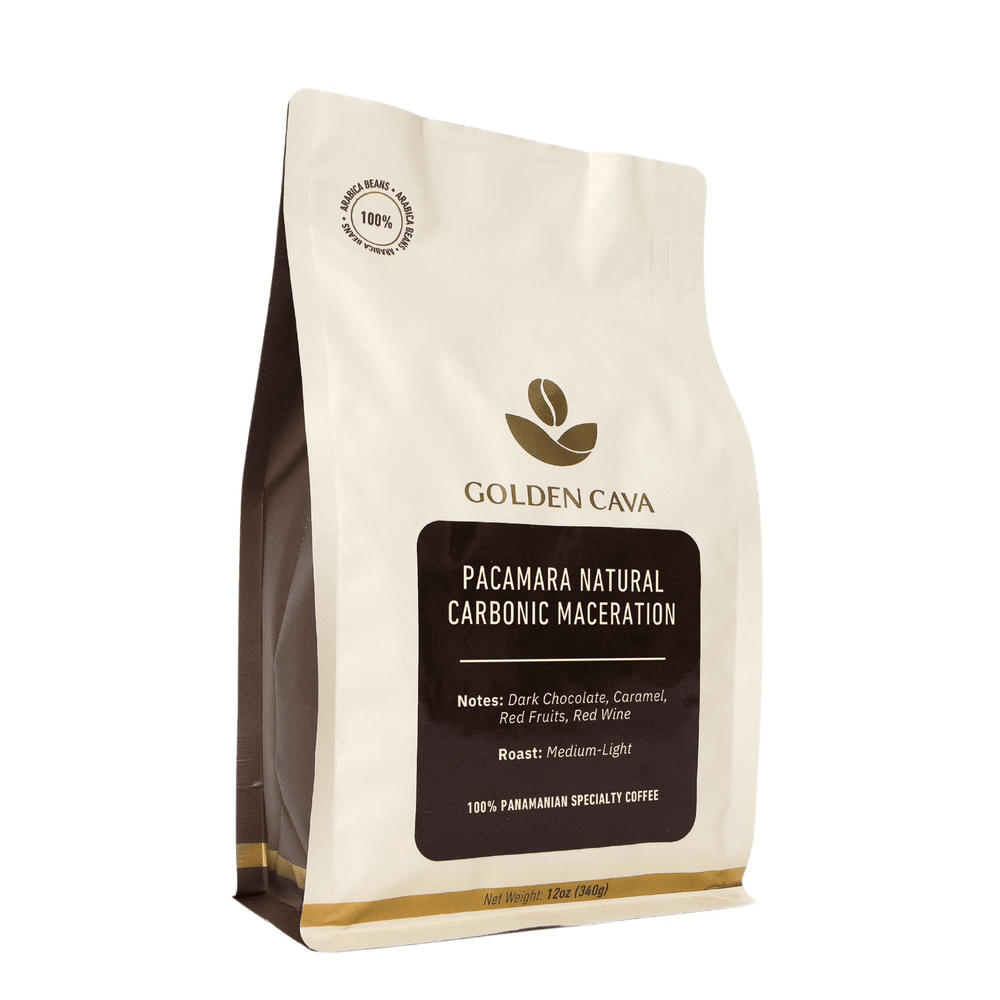Can Dogs Eat Coffee? Dangers and Safety Tips for Pet Owners
Did your dog get into the trash and eat the leftovers and used coffee grounds? At this point you must be wondering, can dogs eat coffee? Will they just have an upset stomach or is it an actual problem that requires a veterinarian visit?
Dogs have a keen sense of smell and taste, often leaving them intrigued by the scents that waft from our cups.
As a pet owner and coffee lover, it's crucial to recognize that while certain foods and beverages are harmless to humans, they can pose significant threats to our dogs.
In this blog post, we’ll answer your question of can dogs eat coffee? We'll explore the potential dangers associated with canine coffee consumption, shedding light on the substances within coffee that can be toxic to dogs. To ensure the well-being of your furry friend, we'll also provide essential safety tips and guidelines for pet owners, helping you make informed choices and preventing any unintentional harm.
Remember, while our dogs may share our homes and lives, their physiology differs greatly from ours.
So, join us as we keep canine dietary safety top of mind.
Table Of Contents:
- 1. Can Dogs Eat Coffee?
- 2. Is Coffee Safe for Dogs?
- 3. What are the Symptoms of Caffeine Poisoning in Dogs?
- 4. How Can You Safeguard Your Dog from Caffeine Dangers?
- 5. What Should I Do if My Dog Eats Coffee?
- 6. What Should I Do if My Dog Drank Coffee?
- Conclusion
1. Can Dogs Eat Coffee?
As a coffee lover, you might be tempted to share your morning brew with your furry friend. But is it safe for dogs to drink coffee? The short answer is no. Whether it's an entire cup of brewed coffee, instant coffee, decaf coffee or even just eating the leftover coffee grounds, caffeine can be harmful and potentially lethal to dogs.
The Dangers of Caffeine Poisoning in Dogs
Coffee contains caffeine which can lead to caffeine poisoning in dogs. When a dog eats coffee grounds or drinks from a forgotten coffee cup, they ingest more than their system can handle leading to symptoms such as restlessness, rapid breathing, heart palpitations and muscle tremors. In severe cases, seizures and death may occur.
Dogs come in different sizes and weights; hence smaller dogs are at higher risk because it takes less amount of caffeine per pound of body weight for them compared with larger breeds like large labradors or german shepherds.Therefore what could be harmless for humans could have devastating effects on our pets' health due its high toxicity levels according their size & weight ratio.
What To Do If Your Dog Eats Coffee Grounds Or Drinks Coffee
If your dog drank coffee or ate some beans accidentally left within the dog’s reach then you should call the vet immediately regardless if they're showing any immediate signs of distress like hyperactivity or vomiting since these symptoms might take time appear but when they do - things get really serious quickly.
While waiting for the vet, keep an eye on your dog’s symptoms. If they show signs of caffeine toxicity such as rapid breathing or restlessness, it is crucial to get them to a veterinary hospital as soon as possible. The Pet Poison Helpline also offers 24/7 assistance in case you need immediate advice.
Coffee Alternatives For Dogs
If you're looking for ways to share your love of coffee with your pet without putting their health at risk, consider alternatives like specially formulated dog coffees that are free from harmful substances such as caffeine and chocolate.Remember always keep anything containing these ingredients out reach including tea bags, energy drinks even over counter medications like caffeine pills which could be fatal if ingested by dogs regardless size or breed.
2. Is Coffee Safe for Dogs?
Just to reinforce, coffee is not safe for dogs. It's important to keep them away from coffee and other caffeinated beverages and foods. The reason behind this toxicity lies in the way a dog's system processes caffeine.
Dogs process caffeine at a much more sluggish rate than humans, thus even minor amounts of it can lead to grave consequences or death in certain cases. To ensure your furry friend stays safe around your favorite beverage, you should take precautions to prevent accidental ingestion of any caffeinated products.
Avoiding Caffeine Toxicity in Dogs
- Keep all caffeinated products out of reach: Make sure your dog cannot access coffee beans, coffee grounds, tea bags or any other items containing caffeine.
- Educate yourself on hidden sources of caffeine: Some medications and supplements contain caffeine as an active ingredient; make sure these are also kept safely away from your pet. You can find a list of common household items containing caffeine at the Pet Poison Helpline website.
- Talk to guests about pet safety: If you have friends or family visiting who may not be aware that their morning cup could pose a risk to your pup, kindly remind them about keeping their drinks out of reach.
- Clean up spills immediately: Accidents happen - if you spill coffee on the floor or counter where your dog might lick it up, clean it thoroughly right away.
It is critical to be familiar with the indicators and manifestations of caffeine toxicity in canines, so that if your dogs drink coffee or some other caffeinated item you are able to respond promptly.
Coffee is generally not recommended for dogs, as it can cause caffeine poisoning and other adverse reactions. Therefore, understanding the symptoms of caffeine poisoning in dogs is important to ensure their safety.
Key Takeaway: Caffeine can be toxic to dogs, so it's essential to prevent their access to coffee and other caffeinated items. To ensure your pup stays safe, you should make sure all caffeinated items are out of reach, clean up spills right away, and educate yourself on hidden sources of caffeine. It pays to stay informed in order to avoid a dog-gone disaster.
3. What are the Symptoms of Caffeine Poisoning in Dogs?
Dog owners should be alert to a range of symptoms, from mild to severe, that may arise if their canine companion ingests caffeine. It is essential for pet owners to be cognizant of these indicators so they can rapidly respond if their pooch accidentally consumes coffee or any other caffeinated item.
Common Symptoms
- Restlessness: A dog that has consumed caffeine may appear agitated and unable to settle down.
- Rapid breathing: An increased respiratory rate is another sign your pet might have ingested caffeine.
- Heart palpitations: You may notice an irregular heartbeat or even hear it when placing your ear against your dog's chest.
- Muscle tremors: Involuntary muscle movements or shaking could indicate that your pet has been exposed to caffeine.
Dangerous Symptoms
- Vomiting and diarrhea:If you see these gastrointestinal issues after suspecting caffeine ingestion, it's essential to contact a veterinarian immediately as this could lead to dehydration and further complications.
- Unresponsiveness or lethargy: In severe cases of caffeine poisoning, dogs might become unresponsive, lethargic, or even collapse. This is a critical stage requiring immediate medical attention.
It is imperative to recognize the signs of caffeine intoxication in canines so as to be able to act suitably if needed.
It's also important to note that caffeine poisoning can progress rapidly, and symptoms may worsen over time. If you suspect that your dog has ingested caffeine or is exhibiting any of the above symptoms, it's crucial to seek immediate veterinary care.
Being informed can make all the difference in ensuring the safety and well-being of our beloved canine companions.
4. How Can You Safeguard Your Dog from Caffeine Dangers?
As a pet parent, it is essential to take precautions to ensure your pup stays away from caffeinated substances and potential poisoning.
Here are some tips on how you can keep your dog away from caffeinated products and protect them from potential poisoning:
Create a Pet-Safe Environment
Make sure all caffeinated products, such as coffee beans, coffee grounds, tea bags, and energy drinks are stored in secure cabinets or containers out of dog’s reach. This will prevent any accidental ingestion.
Educate Family Members and Guests
When your family members and guests are fond of drinking coffee, remind them to never leave coffee or other caffeinated drinks within reach of dogs. Inform guests visiting your home about this risk as well.
Dispose Properly of Coffee Grounds and Tea Bags
- Always throw used coffee grounds into a sealed trash bin where pets cannot access them.
- If using compost bins for disposing of organic waste like tea bags or coffee filters, make sure they're securely closed so that curious pets won't be able to dig through it.
- Avoid throwing these items directly into open garbage cans where dogs may rummage around looking for treats.
Closely Monitor Your Dog During Walks or Outings
Dogs love exploring new scents during walks; however, they might come across discarded food items containing caffeine along the way. Always keep an eye on what they sniff while outside - if you notice your dog is possibly eating coffee grounds or something suspicious, gently pull them away and redirect their attention.
Choose Pet-Friendly Alternatives
If you want to share a warm coffee cup with your furry friend during cold weather or just treat them occasionally, consider pet-friendly alternatives with water being their best bet. This way, both you and your pet can enjoy a delicious drink without any risks involved.
It is critical to guarantee your pup's wellbeing by avoiding providing them with coffee or any other caffeinated drinks. To ensure their safety, it's essential to be aware of what should be done if they do happen to consume coffee - it will be tackled in the next discussion.
Key Takeaway: Keeping your pup safe from the dangers of caffeine is easy - just create a pet-safe environment, educate family and guests about the risks involved, properly dispose of coffee grounds and tea bags, closely monitor them during walks or outings and opt for pet-friendly alternatives. In other words: put safety first to ensure Fido's health.
5. What Should I Do if My Dog Eats Coffee?
If you think your dog eats coffee grounds or any other caffeinated item, it is critical to act swiftly and contact a vet right away for guidance on how to proceed.
Eating coffee beans can be dangerous for dogs, leading to caffeine poisoning, which may cause severe symptoms and even death if not treated promptly.
Steps to Take After Your Dog Consumes Caffeine:
- Contact your veterinarian: The first step is always to call your vet immediately. They will provide guidance based on the specific situation and help determine whether emergency treatment is necessary.
- Maintain a close watch on your dog: Keep an eye out for any dog’s symptoms of caffeine poisoning (as mentioned above) while waiting for further instructions from the vet.
- Gather information about what was consumed: Be prepared with details such as the type of caffeinated product ingested, approximate amount consumed, and when it happened. This information will assist the veterinarian in determining the best course of action.
In some cases, veterinarians may recommend inducing vomiting at home using hydrogen peroxide under their guidance; however, this should only be done after consulting with a professional.
If symptoms are severe or worsening rapidly, taking your dog directly to an emergency veterinary clinic might be advised instead.
To prevent future incidents involving caffeine consumption by pets, ensure that all coffee products - including coffee beans, coffee grounds, brewed coffee, instant coffee, - are stored securely and out of dog’s reach. Be especially cautious when disposing of used coffee grounds or tea bags, as these can still contain harmful amounts of caffeine. By following the safety tips, you can help protect your furry friend from the dangers associated with caffeine ingestions.
Key Takeaway: It is critical to act quickly if your canine has ingested any type of coffee or other caffeinated item, and contact the vet immediately. It is essential to be watchful for indications of caffeine poisoning while furnishing data on the ingested item, in order to receive suitable guidance from your vet. Finally, make sure that all coffee products are securely stored away so as not to put your pet at risk again in the future.
6. What Should I Do if My Dog Drank Coffee?
Sometimes, accidents happen, and your curious canine might get into something they shouldn't, like a cup of coffee. While a sip of coffee may not seem like a big deal to us, it can have serious repercussions for your four-legged friend.
Here are immediate actions you should take if you find your dog drank coffee.
- Recognize the signs: Common symptoms of caffeine poisoning in dogs include restlessness, rapid breathing, increased heart rate, vomiting, diarrhea, tremors, and even seizures.
- Contact your vet: Upon discovering that your dog has consumed coffee,immediately contact your veterinarian or an emergency pet poison helpline. Provide them with details such as the amount ingested, the type of coffee, and your dog's size and breed.
- Hydration and monitoring: Keep fresh water available for your dog to drink, as caffeine can lead to dehydration. Watch your dog closely for any changes in behavior, symptoms, or distress.
In the event that your dog drinks coffee, it's crucial to remain calm and take immediate action. Contact your veterinarian for guidance tailored to your dog's situation. With prompt professional intervention, monitoring, and appropriate care, you can help your furry companion recover from this potentially dangerous mishap.
Remember, your pet's safety is your responsibility, and being informed can make all the difference in handling emergencies effectively.
Conclusion
It is unwise to let canines consume coffee due to the fact that caffeine could be hazardous and cause severe medical issues.
Caffeine poisoning in dogs can lead to symptoms such as restlessness, vomiting, diarrhea, hyperactivity or even death if left untreated.
To keep your dog safe from caffeine toxicity it is important to always store any caffeinated beverages away from their reach and monitor them closely when they are around these items. If you think that your pet has ingested coffee contact a veterinarian immediately for further assistance on how best to proceed with treatment options.
Remember: Can Dogs Eat Coffee? The answer is no.
Experience the best coffee, tea and travel experiences with Golden Cava. Our specialty store is focused on quality and freshness to help you brew a better cup of coffee - no matter what your canine companion thinks!

